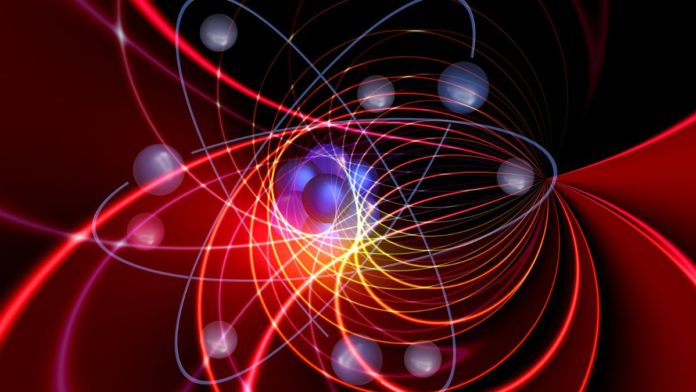The September 23 issue of Physical Review Letters mentions by employing machine learning, physicists have compressed a challenging quantum issue that previously required 100,000 equations into one that needed solving only four equations. The results remained accurate despite the compression, and researchers believe it could assist in revolutionizing how researchers look at quantum physics systems. The approach could also help create materials with exceptionally valued features like superconductivity or utility for producing clean energy if it is transferable to other problems.
The Hubbard model, which aims to explain the shift from conducting to insulating systems, was the main focus of the research, which was led by Domenico Di Sante, study lead author and a visiting research fellow at the Flatiron Institute’s Center for Computational Quantum Physics (CCQ).
First presented in 1963, the Hubbard Model aims to describe how electrons behave when arranged in a lattice that resembles a grid. The theory states that even if two electrons are put far away, the model predicts that when they share a location on the lattice, they will interact, and their destinies will become quantum mechanically intertwined. Physicists can better understand the various phases of matter by only looking at electron activity. However, due to their quantum mechanical entanglements, all of the electrons must be considered while doing computations. As the number of electrons being evaluated increases, the computations involving this difficult mathematical challenge become exponentially more difficult.
Physicists employed a mathematical concept known as a renormalization group to streamline the work. It helps to track how a system’s behavior, like the Hubbard model, varies when researchers modify parameters like temperature or examine the properties on different scales. In a nutshell, it investigates every electron interaction. Unfortunately, a renormalization group that records all potential couplings between electrons could wind up having tens of thousands to millions of equations that must be resolved. The equations are also fairly difficult since each represents the interaction between two electrons.
This motivated Di Sante and his colleagues to explore the possibility of enhancing the renormalization group’s effectiveness using neural networks. First, the machine learning algorithm establishes connections within the full-size renormalization group. The neural network then tinkers with the strengths of those connections until it discovers a compressed set of equations that yields the exact same result as the initial, enormous renormalization group. With only four equations, the program’s output captured the physics of the Hubbard model.
Read More: Can adding Hardware Trojans into Quantum Chip stop Hackers?
The weeks-long training process for the machine learning (AI) software required a lot of processing power. However, the best part, according to Di Sante, is that thanks to the training, they can modify their program to address additional issues without starting from scratch. He is now examining what the machine learning algorithm is “learning” about the system along with his colleagues. This could offer extra information that would otherwise be challenging for physicists to understand.
The main lingering question is how well the novel method applies to more complicated quantum systems, such as materials with long-range electron interactions. According to Di Sante, there is also intriguing potential for applying the method to other disciplines that work with renormalization groups, such as cosmology and neurology.


